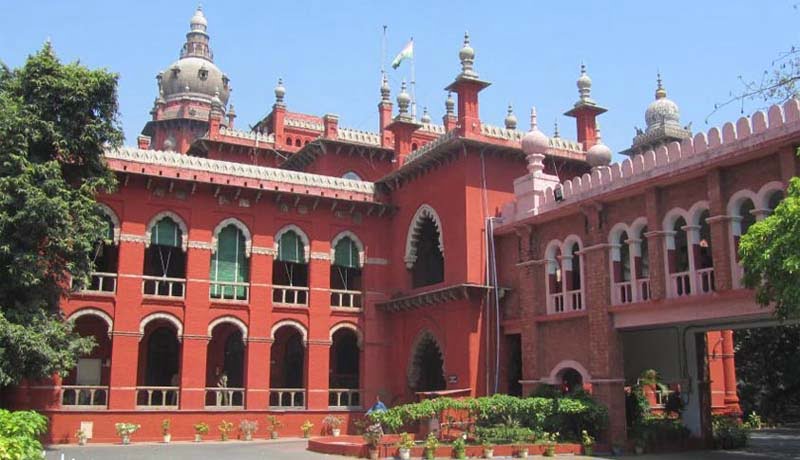Liability to Pay Expenditure Tax arises on raising of a Composite Bill upon Conclusion of Hotel Stay: Madras HC [Read Judgment]

Assessment Penalty – gross total income – Taxscan
Assessment Penalty – gross total income – Taxscan
The division bench of the Madras High Court in CIT v. Adayar Gate Hotel Ltd, held that the taxable Event under the Expenditure Tax for Hotels arises upon raising of a composite bill upon conclusion of hotel stay and not earlier.
Assessee, in the instant case, is engaged in the running of Hotel Business, filed returns under the Expenditure Act. during the course of assessment, the AO noted that though the Assessee had offered to tax chargeable expenditure of an amount of Rs.31,35,18,224/- as against which a sum of Rs.3,28,82,659/- had been paid leaving a sum of Rs.26,02,331/- outstanding. Assesssee explained that the outstanding amount represented expenditure that was yet to be ‘incurred’ by the guests who had stayed at the hotels and that, upon such incurrence by the guests and collection by the hotel, the same would be paid over to the Government.
Assessee contended that as per section 5 of the Act, ‘Chargeable Expenditure’ means such expenditure incurred that had been paid by the guests and duly received by the hotel. AO rejected these contentions and held that since the Assessee follows Merchantile system of Accounting, they are bound to pay tax on the entire expenditure, irrespective of whether the same had been collected from the customers.
On second appeal, the ITAT allowed assesses appeal and held that the incurrence of expenditure for the purpose of chargeability thereof, would arise as and when the amount due by the guests are quantified by the hotel and an invoice raised in that regard. It was observed that till such time the bill was raised and the guest has had occasion to settle the same, the hotel cannot be held liable for payment of expenditure tax.
Hearing the department appeal, the bench observed that the Act is applicable in the case of composite room charges, not to individual services.
The division bench comprising of Justice Nooty Ramamohana Rao and Justice Anita Sumant observed that the expenditure incurred in a hotel is composite feature that takes into account the charges payable for accommodation, food, drink and other services that are offered along with the use of the room. Such composite charges can be quantified only upon conclusion of the stay of the guests though a day to day account may have been maintained thereof.
“While expenditure no doubt may be incurred by a guest frequently over a course of his stay, in order to constitute chargeable expenditure ‘incurred’ for the purposes of the Act, the charge would be a composite one raised at the time of check-out by the guests from the hotel. Thus, in a situation where at the close of the year a guest is still in occupation of a room in the hotel, the expenditure would not have been incurred and such event will only be triggered at the time of closure of stay by the guests in the hotel. In other words, it is the quantification of the expenditure at the time of raising of the composite bill that crystallizes and constitutes chargeable expenditure incurred for the levy of tax thereupon.”
The bench noticed the decision of the Himachal Pradesh High Court in Himachal Pradesh Tourism Development Corporation Vs. Union of India and others and noted that the import of the word 'incurrence’ stipulates the actual raising of the composite bill for settlement by a guest.
Relying on the Apex Court decision in Indian Molasses Company Private Limited vs Commissioner of Income Tax, the bench held that chargeable expenditure would be incurred only upon raising of a composite bill upon conclusion of hotel stay and not earlier.
Read the full text of the Judgment below.


